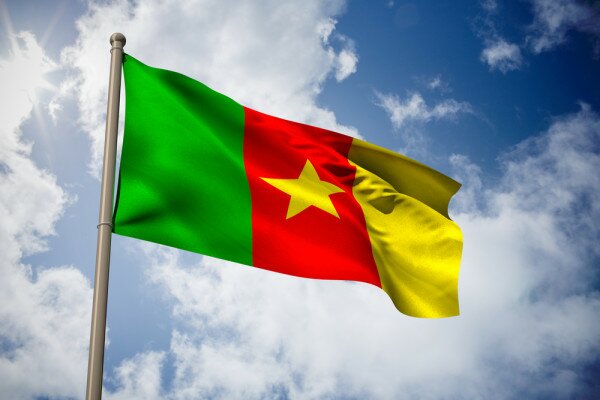
Agreement by the Cameroonian government to extend Vietnamese firm Viettel’s 3G monopoly will further delay the deployment of advanced technologies in the country, which is one of only six in Africa not to have a 3G network.
This is according to Thecla Mbongue, senior research analyst at Informa Telecoms & Media, who told HumanIPO extending the monopoly would be “unfortunate” as it would see the authorities fail to see the need for expediency in rolling out faster connectivity in such a key market.
HumanIPO reported last month Viettel, which was granted exclusive 3G rights in Cameroon in December 2012 but has so far failed to roll out a network, had asked the government to extend the monopoly in spite of complaints by other operators.
The monopoly expires in December this year, but Viettel said it had been forced to postpone the launch of the network twice and will not be able to go live until September. It is therefore urging the government to declare the exclusivity clause applicable from “after the start of business” instead of from the date the contract was signed.
However, Mbongue said granting such an extension would only serve to hold Cameroon back in terms of technological advancement, with subscribers ultimately losing out.
“If Viettel has failed to stick to its licence terms and launch its network as agreed, then authorities should sanction Viettel and not the country’s mobile users,” she said. “In other markets, failure to roll out are often sanctioned by a fine or a cancellation of the licence.”
She said Cameroon was lagging behind in terms of broadband penetration, and Cameroonians could not afford to wait for Viettel to roll out a 3G network when there were other companies with the ability to launch. The country is one of only six not to have 3G – apart from one EV-DO-based service run by the state-owned operator – with the others being Algeria, Chad, the Comoros Islands, Eritrea and Guinea-Bissau.
“The country had a population broadband penetration of less than one per cent at the end of 2013 – about 200,000 subscriptions – compared to 10 per cent across the continent,” she said. “We know that existing players MTN and Orange already have 3G-ready equipment and have over at least the past two years been waiting for 3G licences to be issued to them.”
MTN Cameroon and Orange have launched mobile broadband services over a WiMAX 16e network, but the number of subscriptions barely changed between the end of 2012 and the end of 2013, which Mbongue said results from its limited coverage and poor quality of service.
“The operators probably did not plan on investing heavily in WiMAX in the long term, hoping for 3G spectrum to be issued at some point,” she said.
In spite of their reservations about the Viettel monopoly, however, Mbongue said MTN and Orange were likely to persevere in a country which remains voice-driven and with a large 3G market to be gained once they have permission to roll out.
“I don’t see them withdrawing. Cameroon remains a voice driven market for now. Both have run WiMAX networks in parallel to cater for the high-end and enterprise segments,” she said.
Image courtesy of Shutterstock.

















